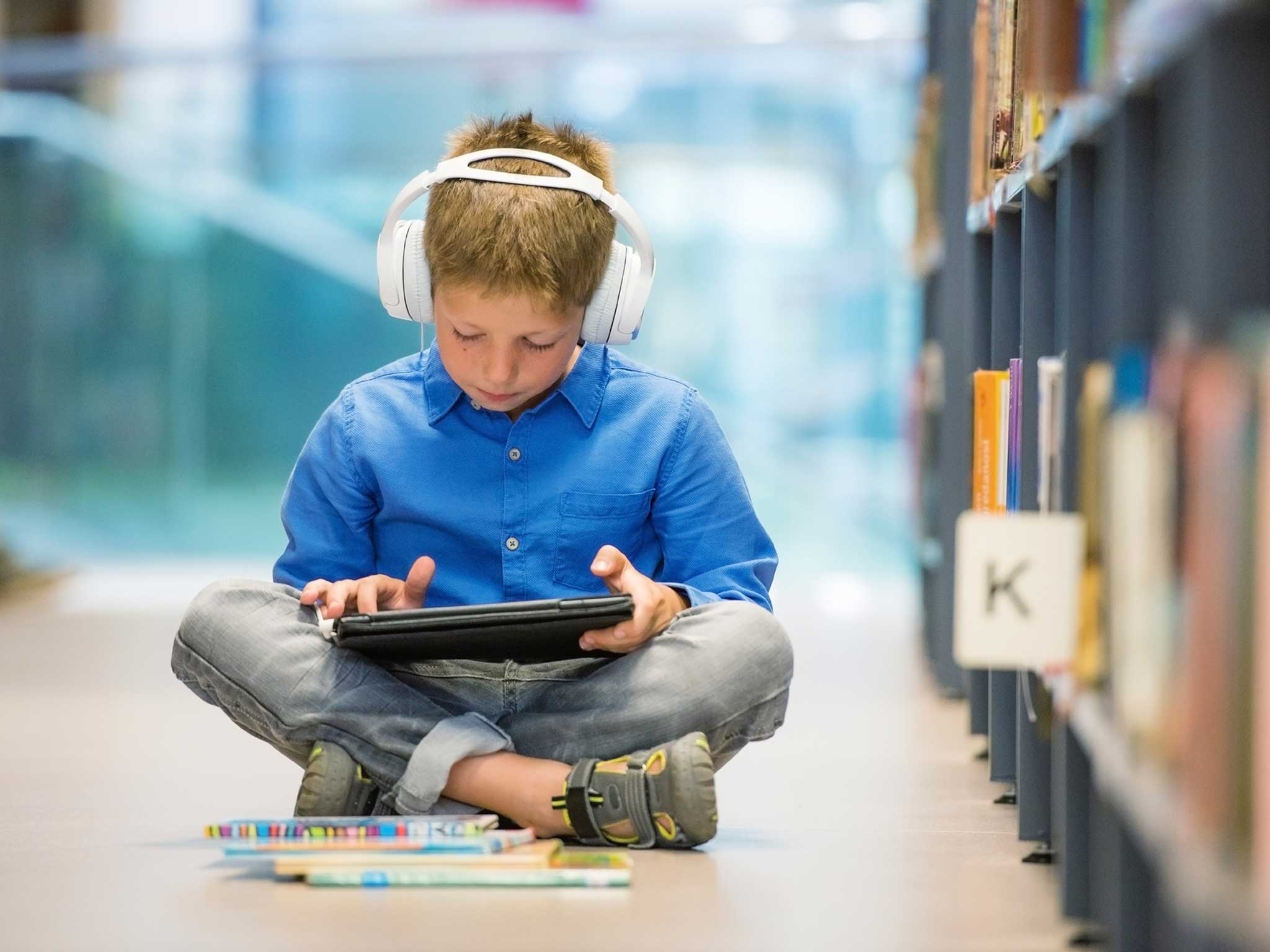I see no reason to police my children’s screen time – as a depressed teenager, films and TV saved me
If my kids are of a similar bent to me, and find solace in screens, I don’t see the issue – and science agrees


Your support helps us to tell the story
This election is still a dead heat, according to most polls. In a fight with such wafer-thin margins, we need reporters on the ground talking to the people Trump and Harris are courting. Your support allows us to keep sending journalists to the story.
The Independent is trusted by 27 million Americans from across the entire political spectrum every month. Unlike many other quality news outlets, we choose not to lock you out of our reporting and analysis with paywalls. But quality journalism must still be paid for.
Help us keep bring these critical stories to light. Your support makes all the difference.
Oh, thank goodness. New research from Oxford University shows that using smartphones, tablets and watching TV will not, in fact, damage the health – mental or otherwise – of teenagers, despite previous scientific claims that it might cause poor GCSE results and a lack of curiosity.
This newest study reviewed existing data from the UK, US and Republic of Ireland, and found little evidence for the use of devices causing poor wellbeing.
“The controversy around screen use and adolescent wellbeing has always suffered from an excess of opinion relative to data,” said Max Davie from the Royal College of Paediatrics and Child Health.
He explains that “the analysis is robust” – it also questions the widely held belief that screens before bedtime are especially bad for mental health.
All of which is a great relief to me, because there is no moratorium on screen time in our house – not at bedtime, really, or any time. The TV goes on between activities, largely because I have two small, very active boys, and sometimes the adults need to do a load of laundry, make dinner, or (when it’s very early in the morning) hide behind a large coffee and commune with their phones.
Although I’ve felt a good dollop of mum-guilt whenever I’ve learned that another parents’ idea of daily screen-time allowance is a fraction of mine, I’ve also privately questioned the accepted wisdom that screens-equal-bad. Particularly for kids’ mental health.
Mostly because – as a former depressed teen myself – screen time was a saviour for me.
My teenage years and childhood featured loss, bullying and isolation – and, without knowing it, I was walking around with yet-to-be-diagnosed mental health problems and a neurological disorder. I grew up in the age before smartphones and tablets, but screens – specifically movies I could lose myself in, TV comedy shows that lightened my mood, and computer games that helped exercise my brain in ways I couldn’t get anywhere else – were a lifesaver for me. Unlike books and music (which I loved) I didn’t have to work to tack down my wandering attention span to the issue at hand, but was immediately immersed in a world beyond my own troubles.
Screen time has also benefited me in adulthood. I’m an introvert with social anxiety, and have always preferred interacting from behind the safety of a screen, where I can put thought into what I type rather than dealing with the pressure of a social encounter. And in the lonely, early days of motherhood where I was struggling with a new baby, my own postnatal depression and having moved to a new area, it was through social media that I met many of the people who are lifelong (and face-to-face!) friends.
So if my kids are of a similar bent to me, and find solace in screens (as part of their wider lives), I don’t see the issue – the issue with screen use in general, I mean, not the more complex concerns that come with exposure to potentially dangerous online content.
Of course, I don’t want my kids to become YouTube zombies, but screen time is rarely a one-on-one activity in our house. If the TV is on, the kids are generally playing in front of it, and we have conversations about what’s happening onscreen (or on the tablet, if someone is playing a game). Screens are going to be a regular part of my kids’ lives as they get older, so I want to normalise their use as much as possible.
Also, my older son’s nursery key worker is very impressed with his literacy and numeracy skills, plus his encyclopaedic (and slightly patronising) knowledge of prehistoric mammals. What I refrain from telling her, of course, is that he gleaned all of this from shrill educational videos on YouTube Kids.
All in all, I’m very glad that screens don’t damage teenagers’ health, because my kids are sitting in front of the TV right now (and one of them has an iPad on his lap to boot).
Neither of them are teenagers yet – one’s four and one’s 18 months – but I’m about to load the dishwasher and that generally takes a while, so who knows how old they’ll be by the time I’m done.
Join our commenting forum
Join thought-provoking conversations, follow other Independent readers and see their replies
Comments